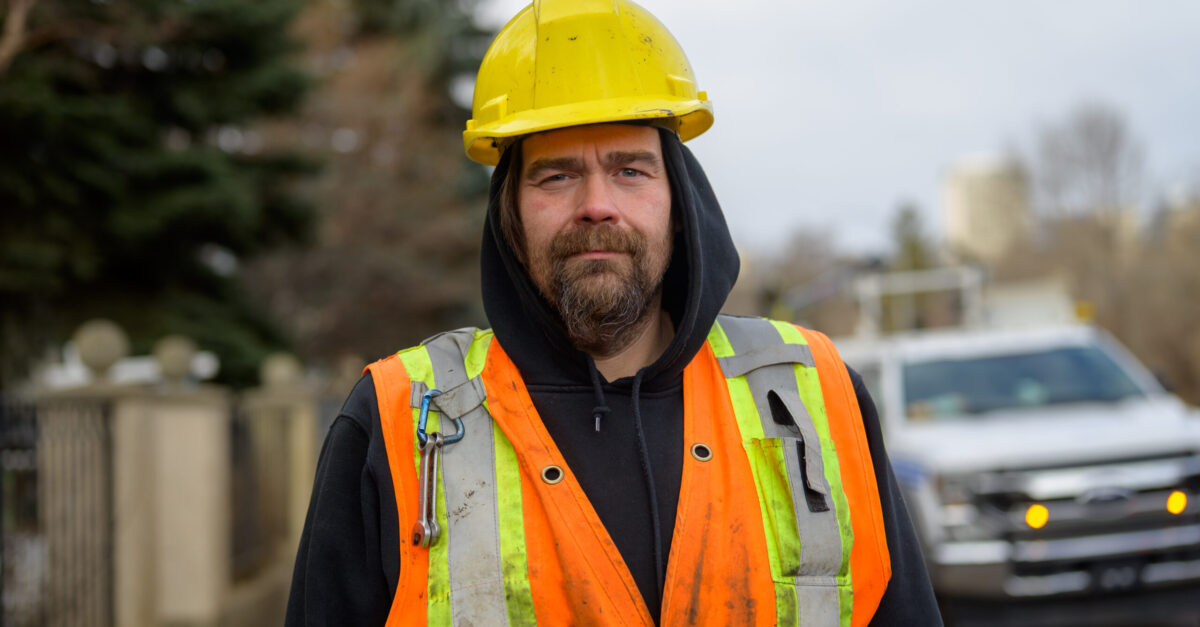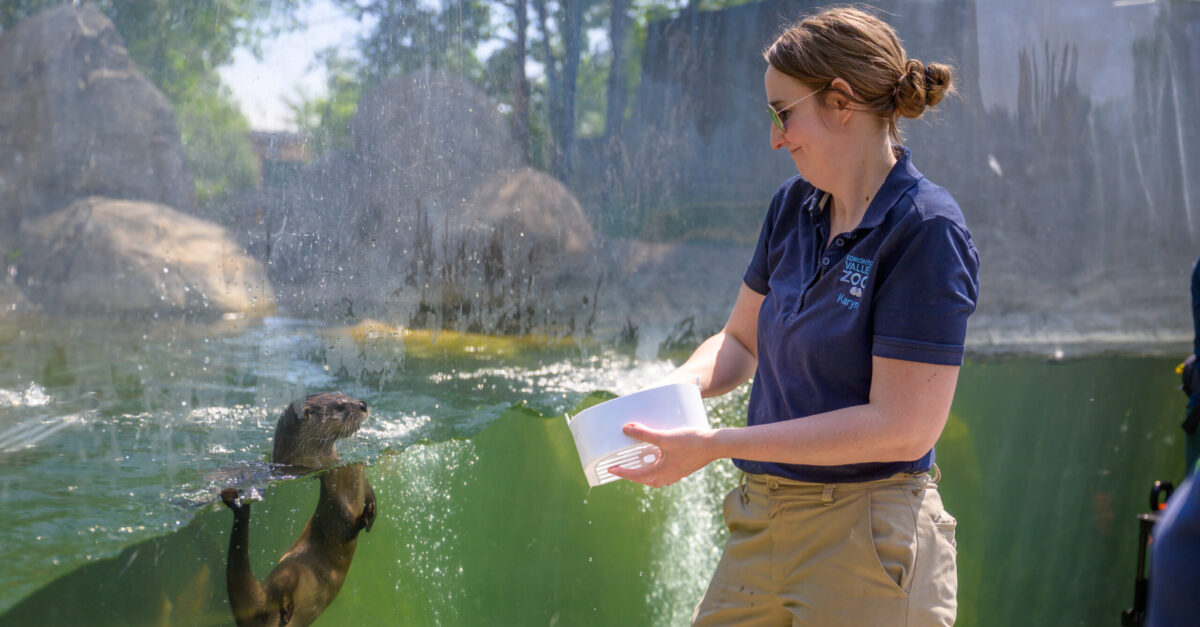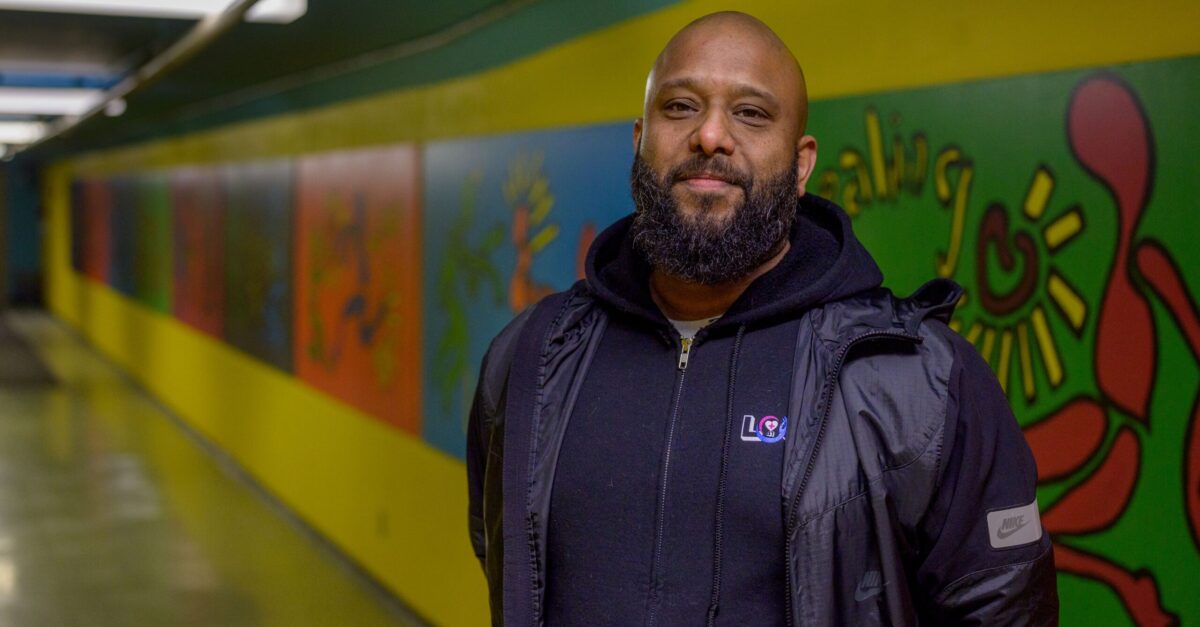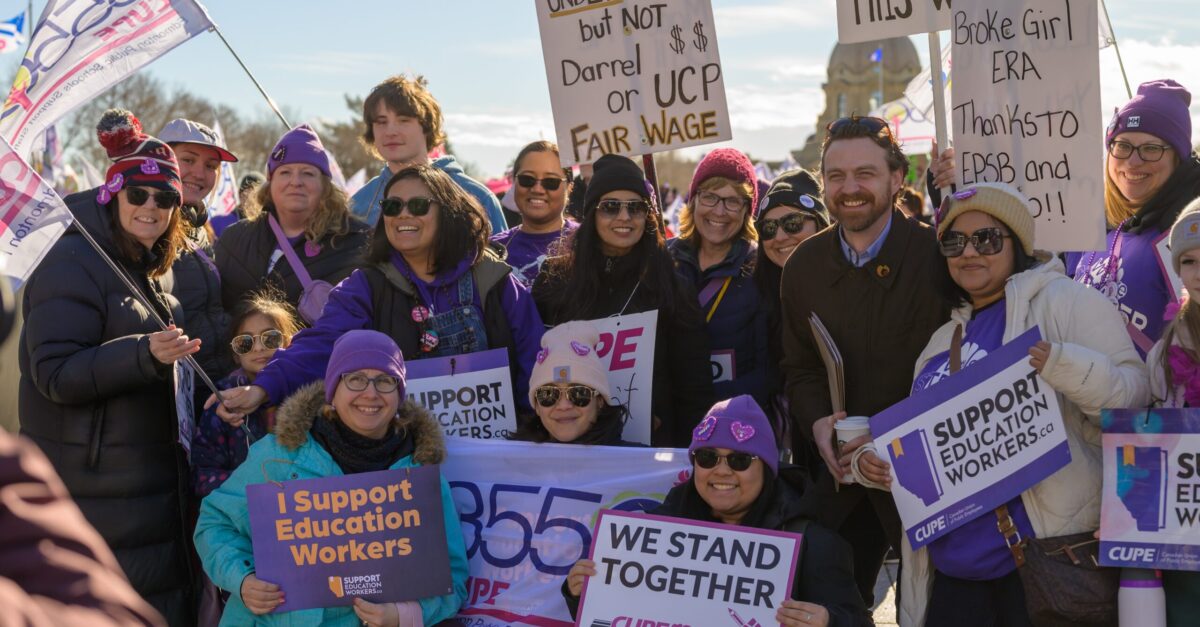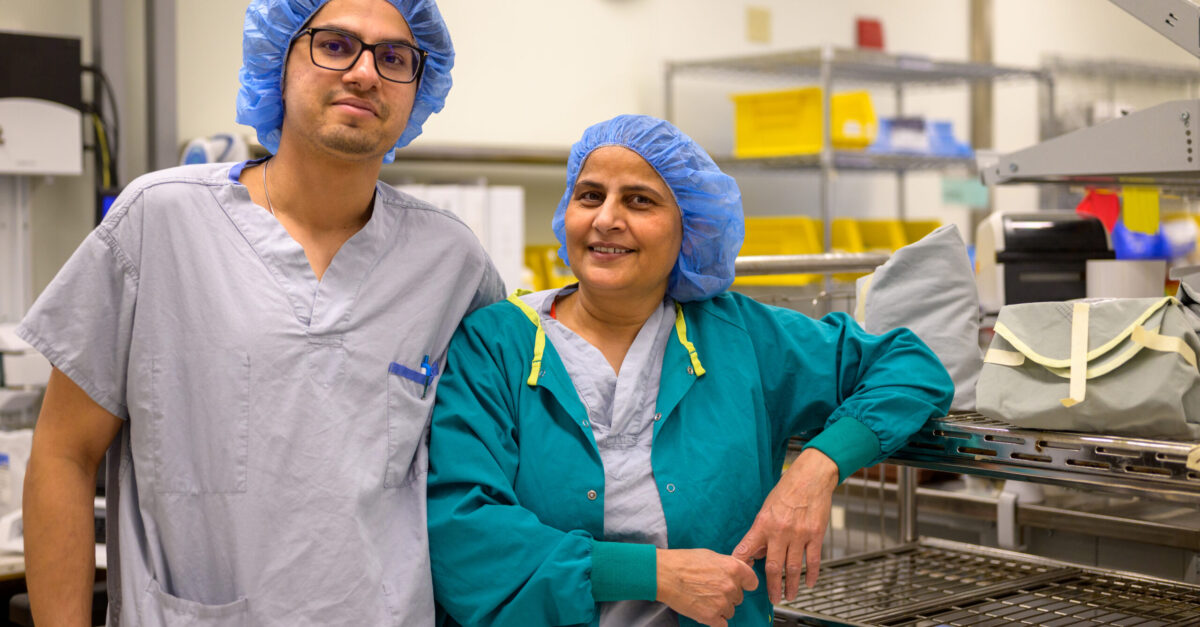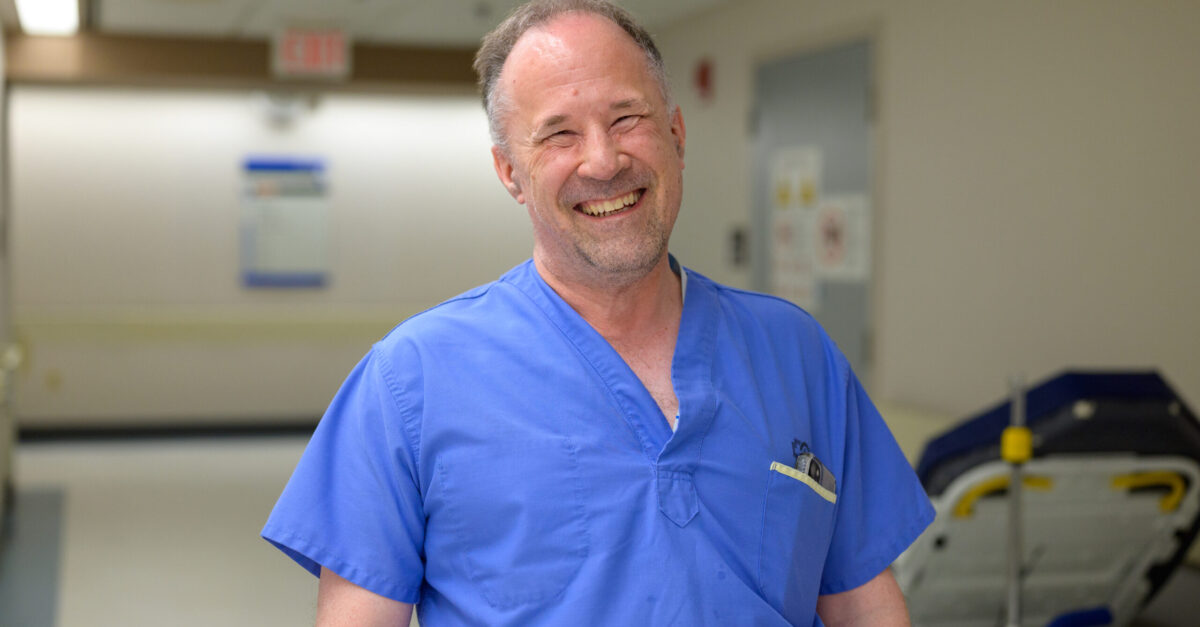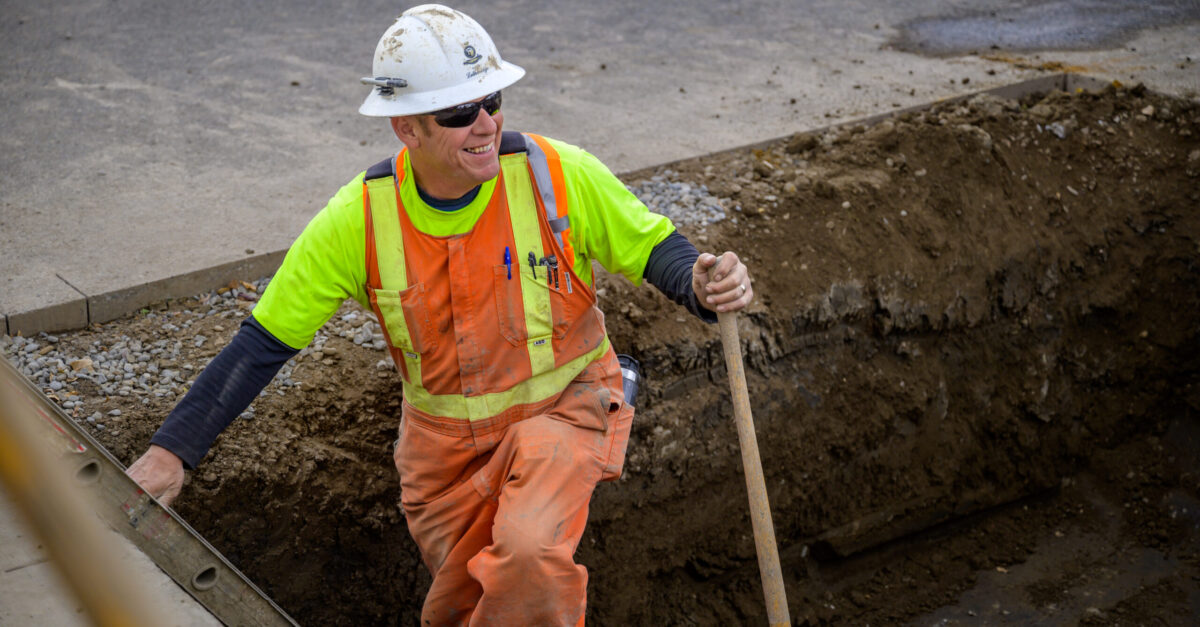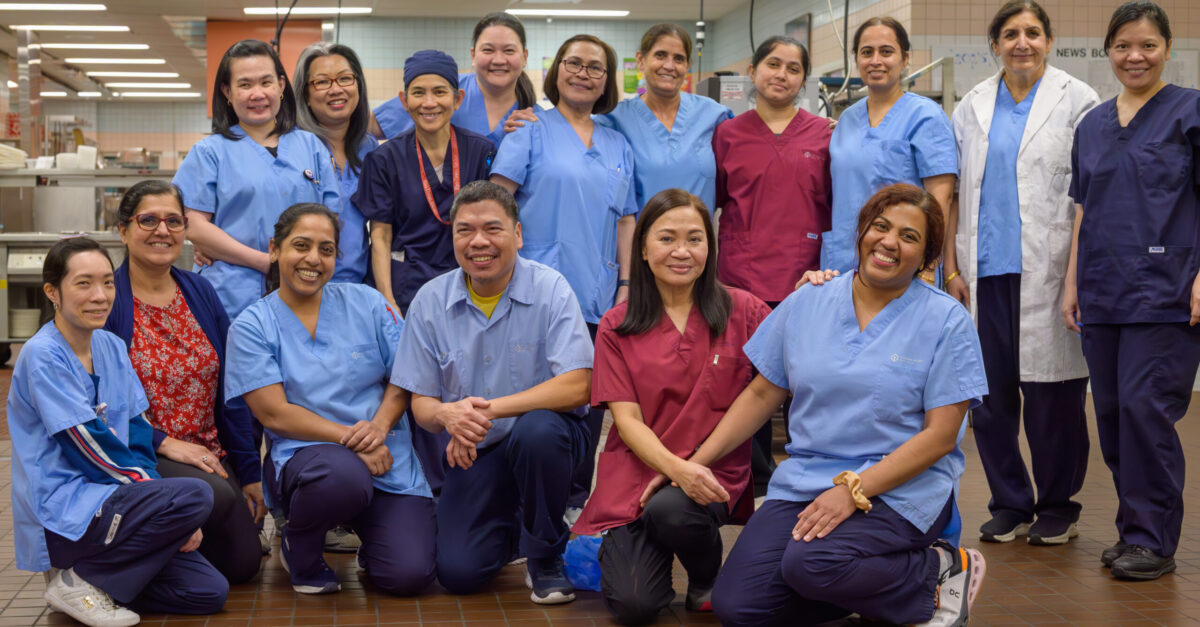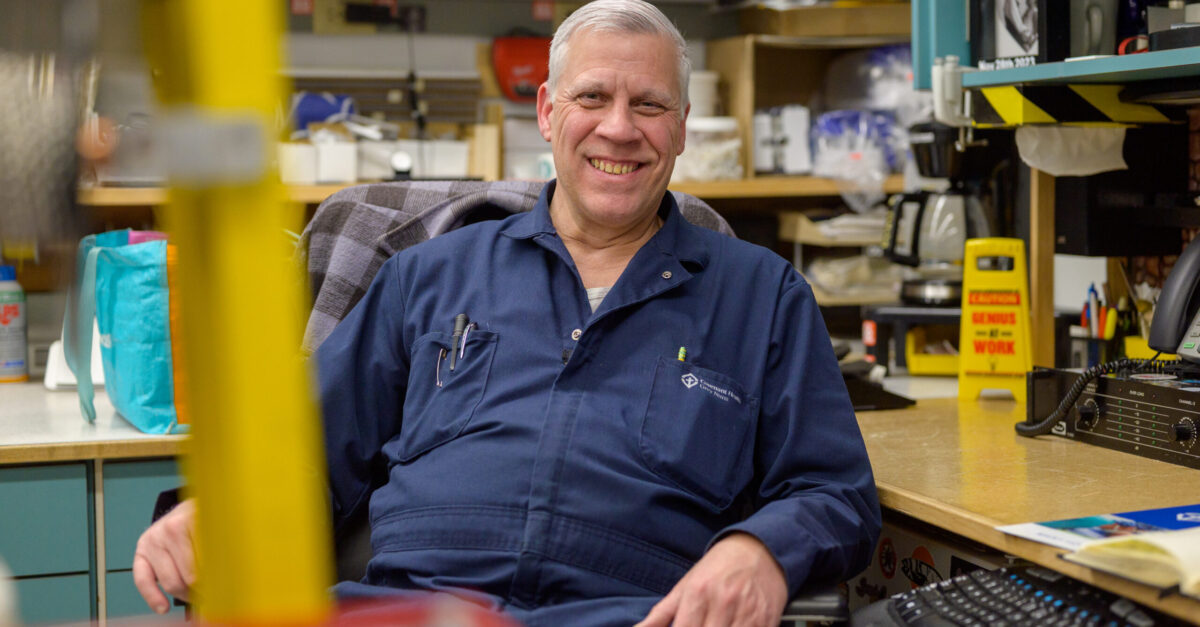CUPE Alberta is a union of over 40,000 workers in municipal, education, health care, social services, libraries, and other sectors. We work together for better wages and working conditions, strong public services, human rights and a prosperous economy for the benefit of all.
We are proud of our history of taking on tough battles that few others will tackle.
We believe everyone benefits when workers have a strong voice.
When public services are strong and resilient, our communities thrive.
CUPE Alberta is proud to stand for those values. And we are proud to fight for them.


